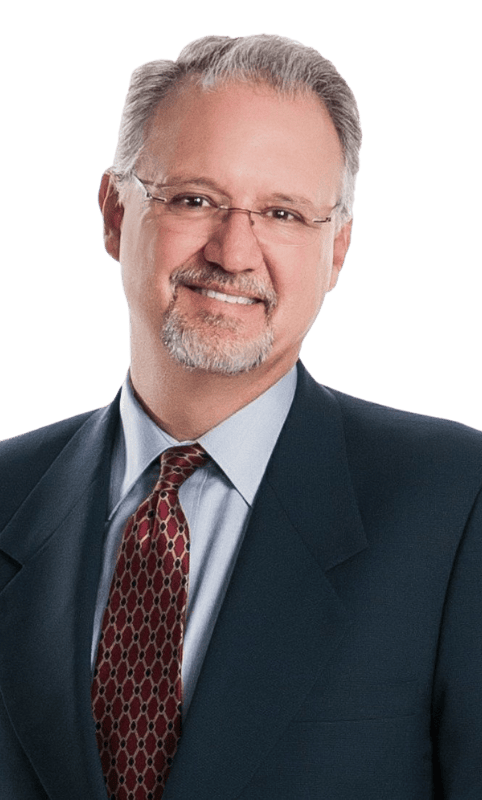Many of us are familiar with—or at least have heard about—author Simon Sinek and his maxim, which he also used as the main title of his bestselling book : “Start with Why.” The reason Sinek’s book and the idea behind it are attracting so much attention is that many of us intuitively understand that success almost always follows a full understanding of what one’s real purpose is. Whether it’s captured in a corporate mission statement or revealed in a favorite proverb taped to the bathroom mirror, most of us realize on some level that, once we’ve grasped the purpose behind what we do, we should then use that knowledge to make our major decisions. Sinek says it this way: “People don’t buy what you do; they buy why you do it.” In other words, those who accomplish important things do so because they understand their “why” — their purpose.
This principle certainly holds true in retirement planning. In fact, we’ve written recently about the vital non-financial decisions that you need to make about your second act as well as the importance of goals and relationships to a fulfilling retirement lifestyle. Some of the most important work we do with our clients is focused on helping them understand their “why.” When thinking about retirement, most of us tend to concentrate on the financial side, which mostly concerns the “how” of retirement. But it is vital to keep in mind that deep down, most of us are aiming for something more significant than simply dying as rich as possible. Most of us hope to accomplish something meaningful, both for ourselves and for others, and those types of goals almost always involve something more than money. Typically, whether we fully realize it or not, they involve our “why.”
And by the way, research demonstrates that people who have a sense of purpose and direction in life typically exercise more, sleep better, and even have better dental hygiene. It just makes sense that they also tend to have more financial success than others. Apparently, those who live with a firm grasp of their “why” tend to be happier, have more energy, and are less vulnerable to stress. Do any of these qualities sound like something that would make your retirement lifestyle more satisfying?
So, as you prepare for retirement, keep in mind that making wise financial decisions is certainly important, and the quality of the professional guidance you receive around those decisions really does matter. But at the same time, start asking yourself questions like these:
- As I move into retirement, how will my money enable me to make more meaningful choices?
- The ways I spend my time and money in retirement will enable me to advance my commitment to_______________.
- In retirement, I plan to benefit my family and others by ____________.
- The most important thing I hope to accomplish in retirement is _____________.
- The thing I’m most looking forward to having more time for in retirement is ____________.
Thinking about topics like these can lead you to better and more accurate consideration of your “why.” It can also spin off creative ideas that you can explore with the help of both your professional advisors and also the people closest to you.
Another important result of putting your financial plans for retirement in the context of your larger purposes is that it can change the way you think about your finances. You will come to realize—if you haven’t already—that money is not the actual goal; instead, your money is a tool you need in order to achieve your goal. Most of us have heard the proverb, “Money cannot buy happiness.” That is certainly true, but in retirement planning and almost everywhere else in life, it can provide you with choices. When you think about it, most of the things we enjoy or need in life—vacationing with grandkids, living in a safe neighborhood, paying for needed medical care—require a certain amount of money. So, the money isn’t really what we want; rather, we want the choices it gives us. Money is a tool. It’s not the only tool that we have, but it’s an important one.
So, whether your chief aims in retirement involve enabling better life choices for yourself or others, advancing a cherished cause, or something else, the key is to know your “why.” When you connect that to your retirement strategy, you build the foundation for a more meaningful, richer retirement experience.
At Mathis Wealth Management, we take a 360-degree approach to financial planning. That means that we consider much more than the balances in our clients’ accounts; we also consider their goals, dreams, and aspirations. This enables us to put clients’ interests foremost in everything we do. To get to know us better, visit our website and read our article, “Your Investment Philosophy and Your Strategies for Success.”












